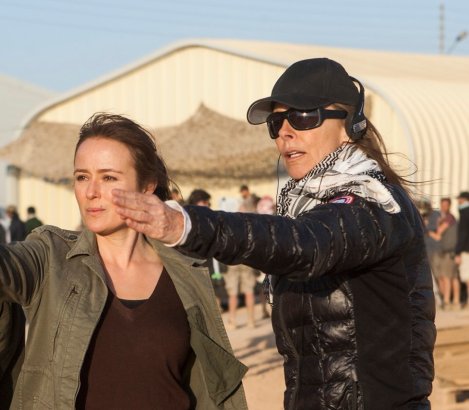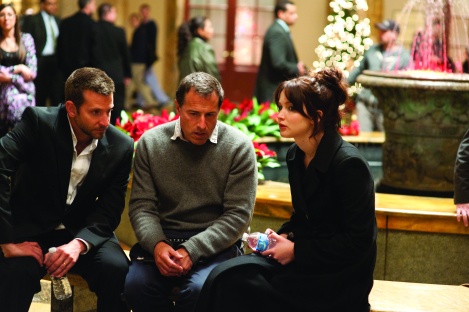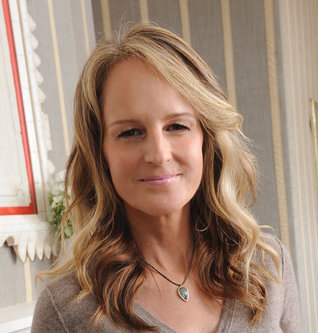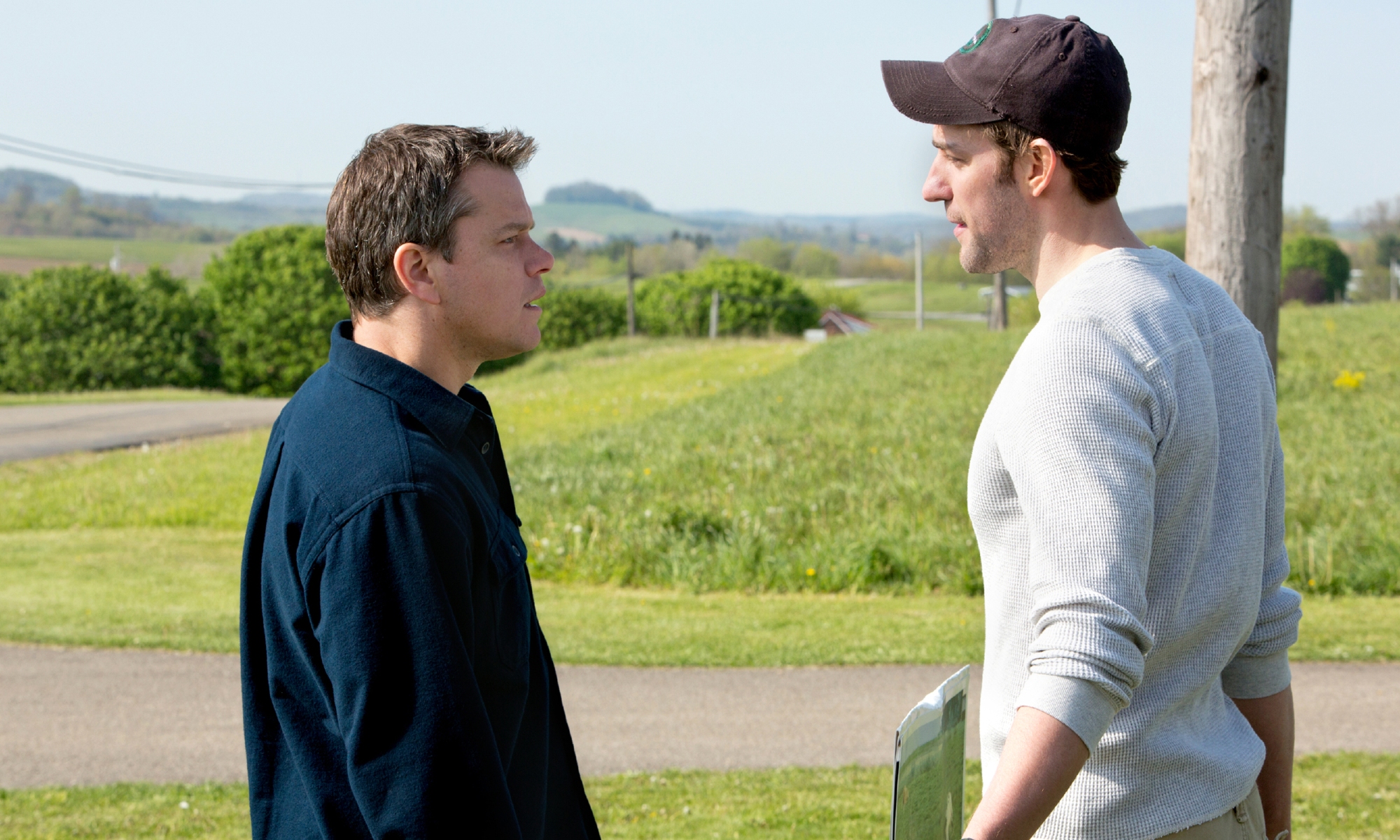Pete Hammond is Deadline’s awards columnist. This article appeared in the Dec. 12 issue of AwardsLine.
The release of the documentary short list of 15 finalists on Dec. 3 was seen as a litmus test for new rules that opened up the process to the entire peer group and, in theory, would make it easier for more popular docs to make the cut. It was thought these basic rule changes would discourage the proliferation of faux docs (TV docs trying to pass themselves off as features) that started taking over the category and lessen the number of entries. But, in fact, this year saw those TV docs finding ways to skirt the new rules, so the number of overall entries increased. This put a tremendous burden on the already overworked branch members who now found they had as many as 80 docs at one time dropped in their mailboxes.

The result? Mixed. Although a number of better-known and critically acclaimed docs made the top 15, there were still those HBO docs like Ethel that made the cut even though its TV airdate has come and gone. Yet high-profile, acclaimed theatrical docs like West of Memphis (which had Hobbit heavyweights Peter Jackson and Fran Walsh backing it), The Central Park Five (from awards magnate Ken Burns), and Diana Vreeland: The Eye Has to Travel were snubbed.
Nevertheless, prominent members of the doc branch seem to think the experiment, though not perfect, is starting to work. Academy governor Michael Moore spearheaded many of the changes because he thought a major overhaul was necessary to bring credibility back to the documentary process of the Academy. “(It) seems to be turning out to be a really good thing. I’m now very optimistic about it,” Moore told me at the Governors Awards. Here is a brief snapshot of the contenders.
AI WEIWEI: NEVER SORRY
A look at Chinese artist and activist Ai Weiwei as he works on new projects and exhibitions, despite interference from the government. It’s a definite contender.
BULLY
The Weinstein Co.’s doc covers a compelling subject in a personal way: Teens being bullied. It made its point effectively, leapfrogging it to frontrunner status for much of the year. Its timely themes could take it to the winner’s circle.
CHASING ICE
A National Geographic photographer chronicles the changing condition of the Arctic glaciers. At 74 minutes, it’s quick and beautiful, but it might not be complex enough.
DETROPIA
Using Detroit as a metaphor, this intriguing doc explores the loss of U.S. manufacturing. As timely as it gets, this one could strike a chord with voters, but its relatively low profile might hold it back.

ETHEL
A look at the life and times of Ethel Kennedy, who had to raise 11 kids on her own after the 1968 assassination of her husband, Robert F. Kennedy. The TV imprimatur (it’s already aired) could diminish its chances as the Academy tries to move exclusively toward theatrical docs.
5 BROKEN CAMERAS
Over the course of five years, a quiet Palestinian farmer uses several cameras to record his peaceful protests against the aggression of the Israeli army.
THE GATEKEEPERS
This eye-opening doc about six former heads of Shin Bet, Israel’s Secret Service agency, and the men charged with the fight on terror has been a major contender since its debut at the Telluride Film Festival, despite being a series of talking-head segments. But what talk!
THE HOUSE I LIVE IN
Executive producer Brad Pitt got behind this one early, and it raises the question about the effectiveness of the war on drugs in the U.S. A strong contender to make the final five despite limited theatrical play.
HOW TO SURVIVE A PLAGUE
Winner of the New York Film Critics Circle’s best first film, this film is a story of two groups who managed to turn things around for AIDS victims, offering hope, humanity, and street smarts in dealing with the deadly disease.
THE IMPOSTER
This absolutely riveting story revolves around a young Frenchman who knocks on the door of a Texas family and says he is their long-lost son, missing for three years. One of 2012’s higher profile entries, this one could gain traction, particularly if it gets some love from critics’ groups.
THE INVISIBLE WAR
A look into the rape of soldiers in the U.S. military, a situation that is rampant according to this compelling doc from Kirby Dick (This Film Is Not Yet Rated). This one has a lot of support with the Academy actors/activists branch.
MEA MAXIMA CULPA: SILENCE IN THE HOUSE OF GOD
The subject of pedophilia in the Catholic Church is given first-rate treatment by prolific Oscar-winning documentarian Alex Gibney (Taxi to the Dark Side). Gibney is always a contender when he is on his game, and he is definitely on it here.
SEARCHING FOR SUGAR MAN
Chronicles the fall and rise of a musician who never quite made the big leagues, but manages to make up for it 30 years later when he is suddenly “rediscovered” by a film crew.
THIS IS NOT A FILM
Jailed Iranian director Jafar Panahi shows a day in his life in prison as he tries to find freedom again. The Iranians, who won best foreign film last year for A Separation, refused to enter a film this year for political reasons. A nomination for this penetrating doc could make up for that loss.
THE WAITING ROOM
A look inside at what goes on in a typical American hospital. Paddy Chayefsky wasn’t far off in his fictional 1971 classic, The Hospital, but this one could be long shot as it doesn’t offer a whole lot of originality but is highly watchable anyway.























